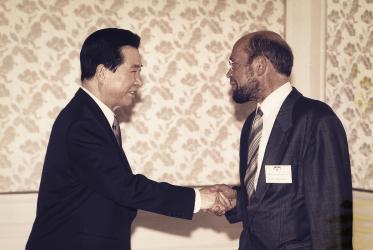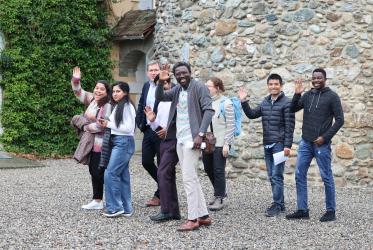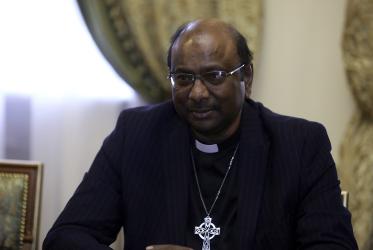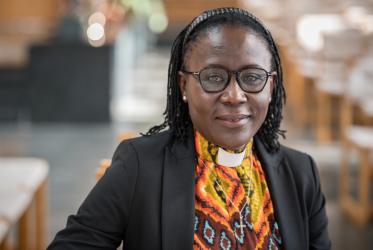Displaying 1 - 20 of 62
Ahead of Her Time
Pan-African Women of Faith and the Vision of Christian Unity, Mission, and Justice
01 November 2023
In Armenia, WCC general secretary speaks for justice
22 September 2023
Ecumenical delegation visits Armenia
19 September 2023
Chateau de Bossey thriving as lives are transformed
08 September 2023
Pandemic and pedagogy: what are the valuable lessons?
21 December 2022


















